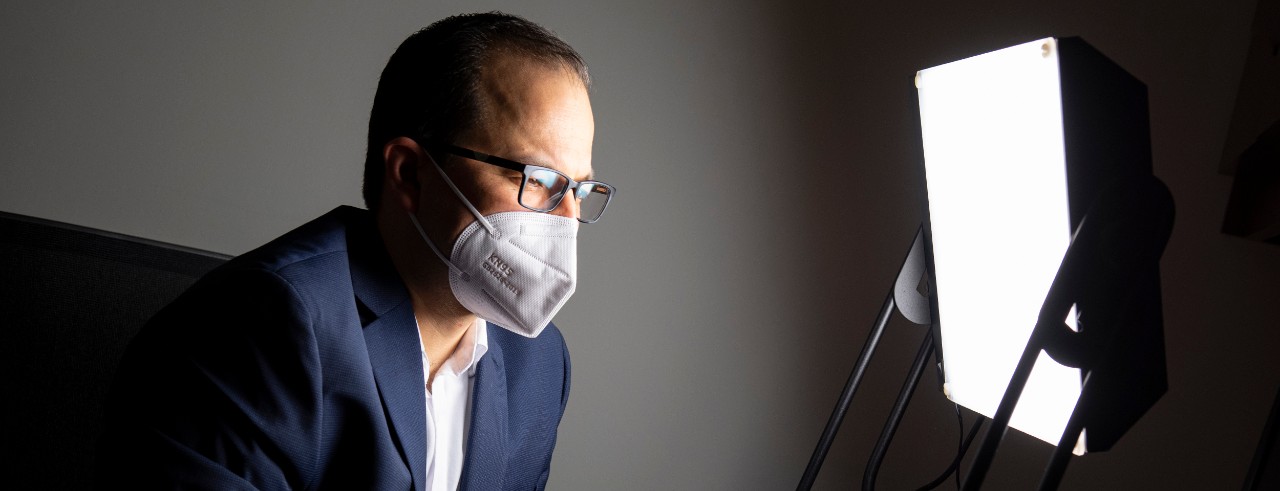
WJAR: Does your body clock cause binge eating?
UC researcher explores melatonin, light therapy to treat binge eating behavior
Researchers at the University of Cincinnati are exploring how the body's sleep-wake cycles of circadian rhythms affect patients with binge eating disorder.
"Binge eating disorder is the most prevalent eating disorder, and unfortunately there's still very limited options or targeted options,” said Francisco Romo-Nava, MD, assistant professor in the Department of Psychiatry and Behavioral Neurosciences at UC, associate chief research officer for the Research Institute at the Lindner Center of HOPE and a UC Health physician scientist.
Romo-Nava said about 5% of the population is categorized as a true "night owl," and past research suggests this group might be more susceptible to binge eating behavior since binge eating tends to occur in the evening and night.
Romo-Nava and his team are studying if readjusting the circadian rhythms of people with binge eating disorder through melatonin or light therapy could be an effective treatment.
Featured photo at top of Dr. Romo-Nava. Photo/Colleen Kelley/University of Cincinnati.
Related Stories
Preparing students for artificial intelligence in education
May 8, 2025
Laurah Turner, PhD, associate dean for artificial intelligence and educational informatics at the University of Cincinnati's College of Medicine, recently joined the For The Love of EdTech podcast to discuss the usage of personalized learning and AI coaches to enhance educational experiences.
UC lab-on-a-chip devices take public health into home
May 8, 2025
University of Cincinnati engineers created a new device to help doctors diagnose depression and anxiety. The “lab-on-a-chip” device measures the stress hormone cortisol from a patient’s saliva. Knowing if a patient has elevated stress hormones can provide useful diagnostic information even if patients do not report feelings of anxiety, stress or depression in a standard mental health questionnaire.
University of Cincinnati announces new leader for prestigious...
May 8, 2025
The University of Cincinnati names Stephanie Pilat, PhD, as the eighth dean of the renowned College of Design, Architecture, Art, and Planning beginning July 1, 2025.
